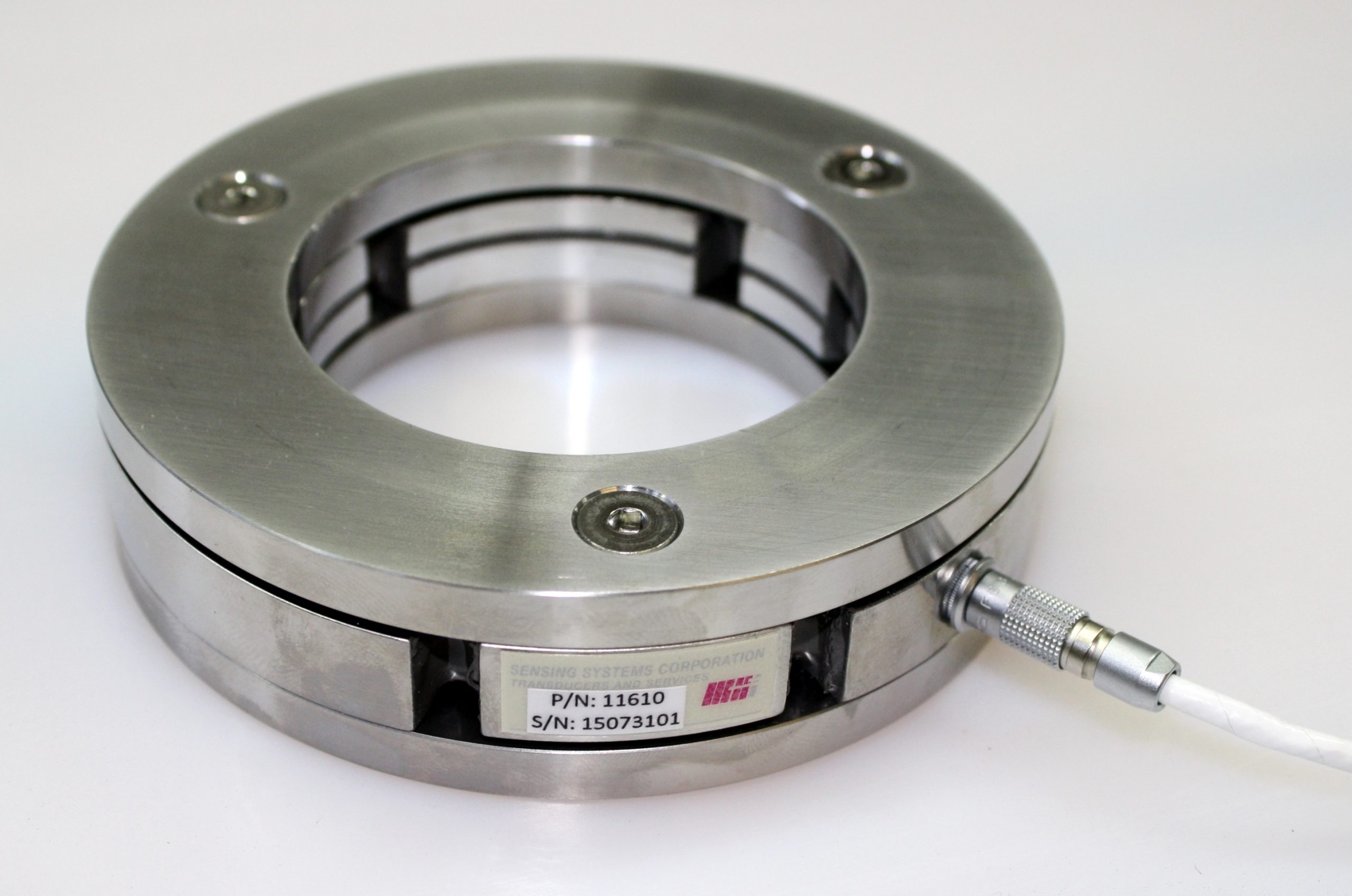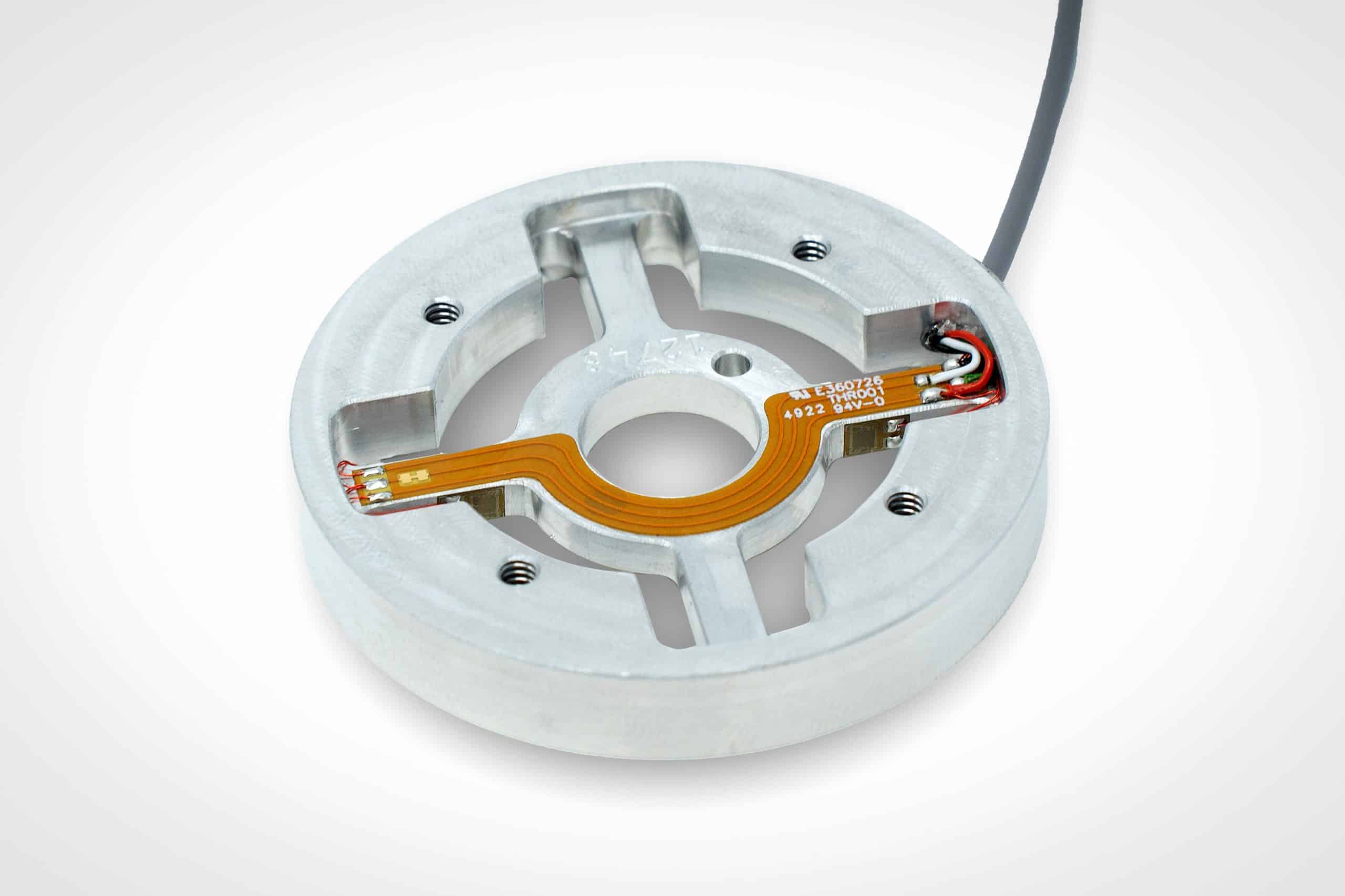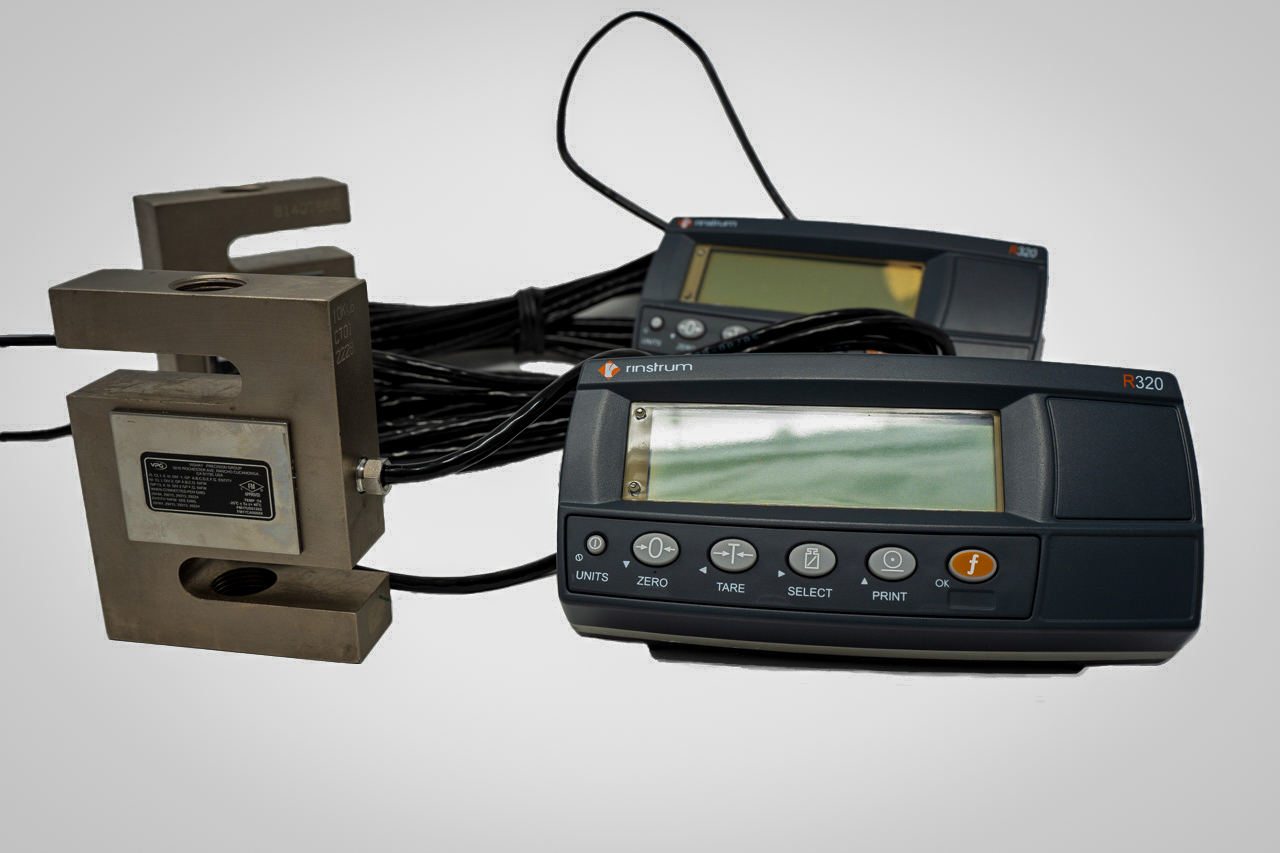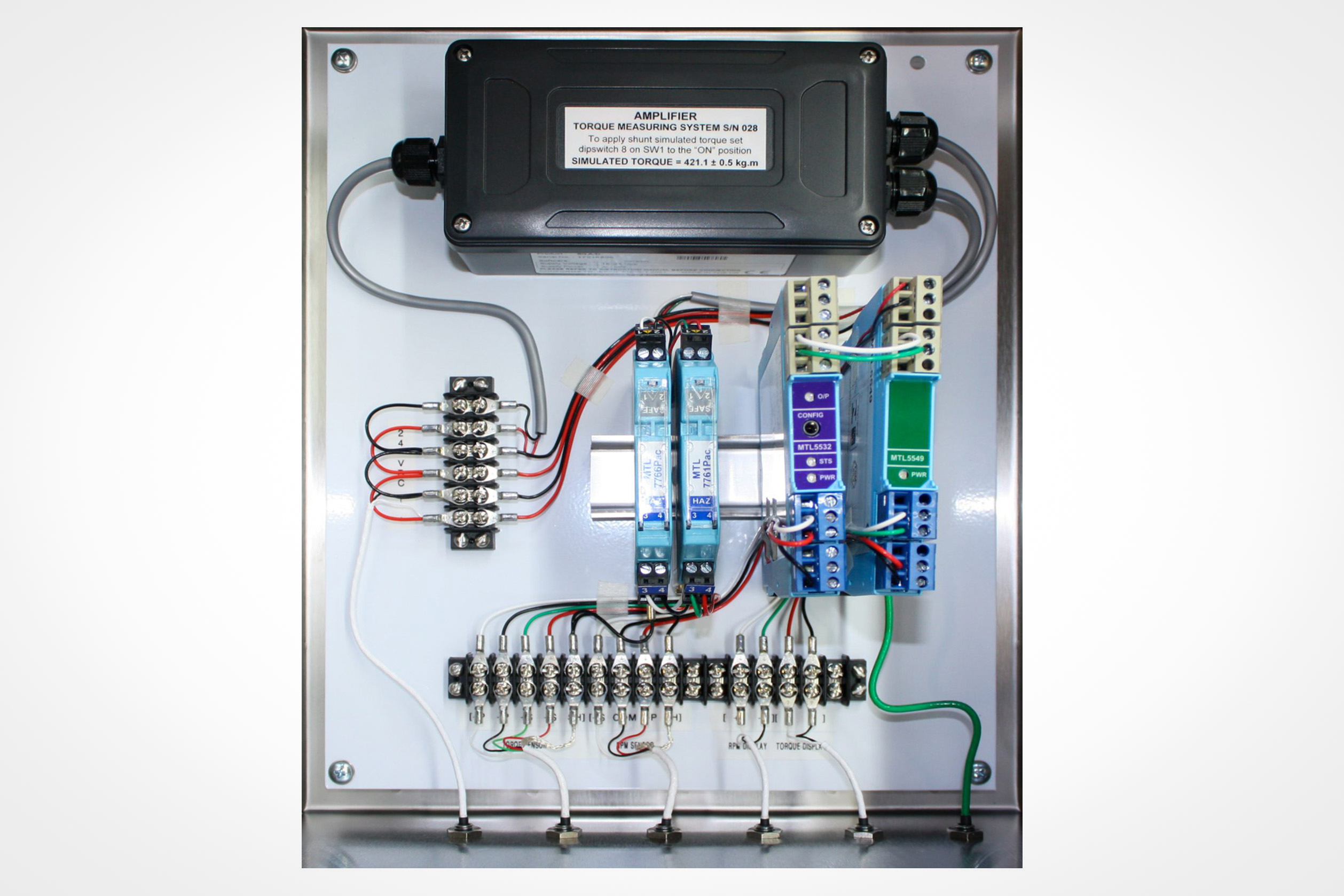In safety-critical applications, precision and reliability are paramount. Load cells, as essential components in various industries, play a crucial role in ensuring the safety and functionality of systems where failure is not an option. From aerospace to automotive and medical devices, load cells are integral in maintaining the highest standards of safety. This post delves into the importance of load cells in these critical applications and how they contribute to overall safety and performance.
Aerospace: Precision in the Skies
In the aerospace industry, load cells are used extensively for testing and monitoring the performance of aircraft components. The safety of passengers and crew depends on the accuracy of these measurements. Load cells are utilized in several key areas:
- Structural Testing: Load cells measure the stress and strain on aircraft components during testing to ensure they can withstand extreme conditions.
- Landing Gear: Load cells in landing gear systems monitor the loads during takeoff and landing, ensuring the structural integrity of the gear and enhancing passenger safety.
- Engine Thrust: Load cells measure the thrust produced by aircraft engines, helping to maintain optimal performance and safety standards.
The reliability of load cells in these applications is non-negotiable, as any failure could lead to catastrophic consequences. This underscores the critical role they play in aerospace safety.
Automotive: Ensuring Road Safety
In the automotive industry, load cells are integral to both the manufacturing process and the end-use performance of vehicles. They help in:
- Crash Testing: Load cells measure the forces exerted on vehicle components during crash tests, providing crucial data to improve vehicle design and passenger safety.
- Suspension Systems: Load cells monitor the loads on suspension systems to ensure they are functioning correctly and provide a smooth and safe ride.
- Brake Testing: Load cells in brake testing systems measure the force applied during braking, ensuring the effectiveness and reliability of brake systems.
By providing precise measurements, load cells help manufacturers design safer vehicles and enhance the safety of drivers and passengers on the road.
Medical Devices: Precision and Reliability in Healthcare
In the medical field, load cells are used in various devices where precision is crucial for patient safety and treatment efficacy. Their applications include:
- Patient Lifts: Load cells ensure patient lifts operate safely by accurately measuring the load and preventing overloading.
- Surgical Instruments: Load cells in surgical instruments provide precise control and feedback, aiding in successful surgical outcomes.
- Dialysis Machines: Load cells monitor the weight of fluids in dialysis machines, ensuring the correct amount of fluid is processed for each patient.
The accuracy and reliability of load cells in medical devices are vital, as any discrepancy could affect patient health and safety.
The Importance of Regular Calibration and Maintenance
For load cells to maintain their accuracy and reliability, regular calibration and maintenance are essential. In safety-critical applications, this becomes even more critical. Regular calibration ensures that load cells provide precise measurements, while maintenance checks help identify and rectify any potential issues before they can lead to failures.
Conclusion
Load cells are indispensable in safety-critical applications, providing the precision and reliability necessary to ensure safety and optimal performance in industries such as aerospace, automotive, and medical devices. By accurately measuring loads and providing crucial data, load cells help prevent failures and enhance safety standards, safeguarding lives and improving the functionality of essential systems.
For more information on how load cells can enhance safety in your applications, contact Sensing Systems today. Our expertise and high-quality load cells can help you achieve the highest standards of safety and performance.




